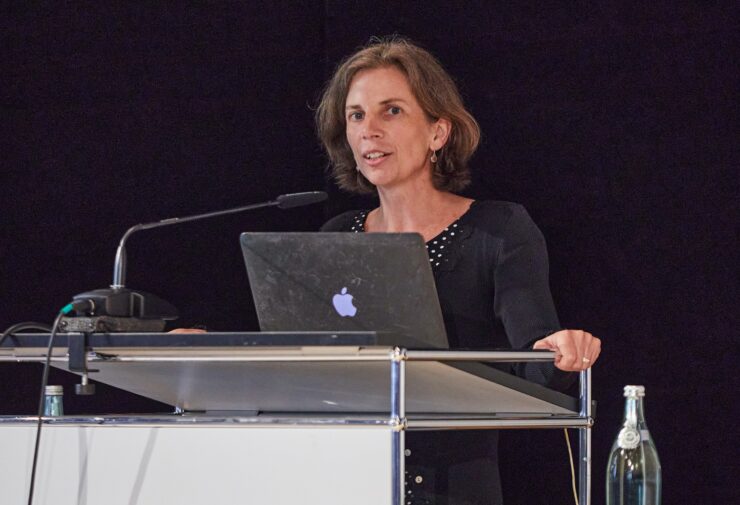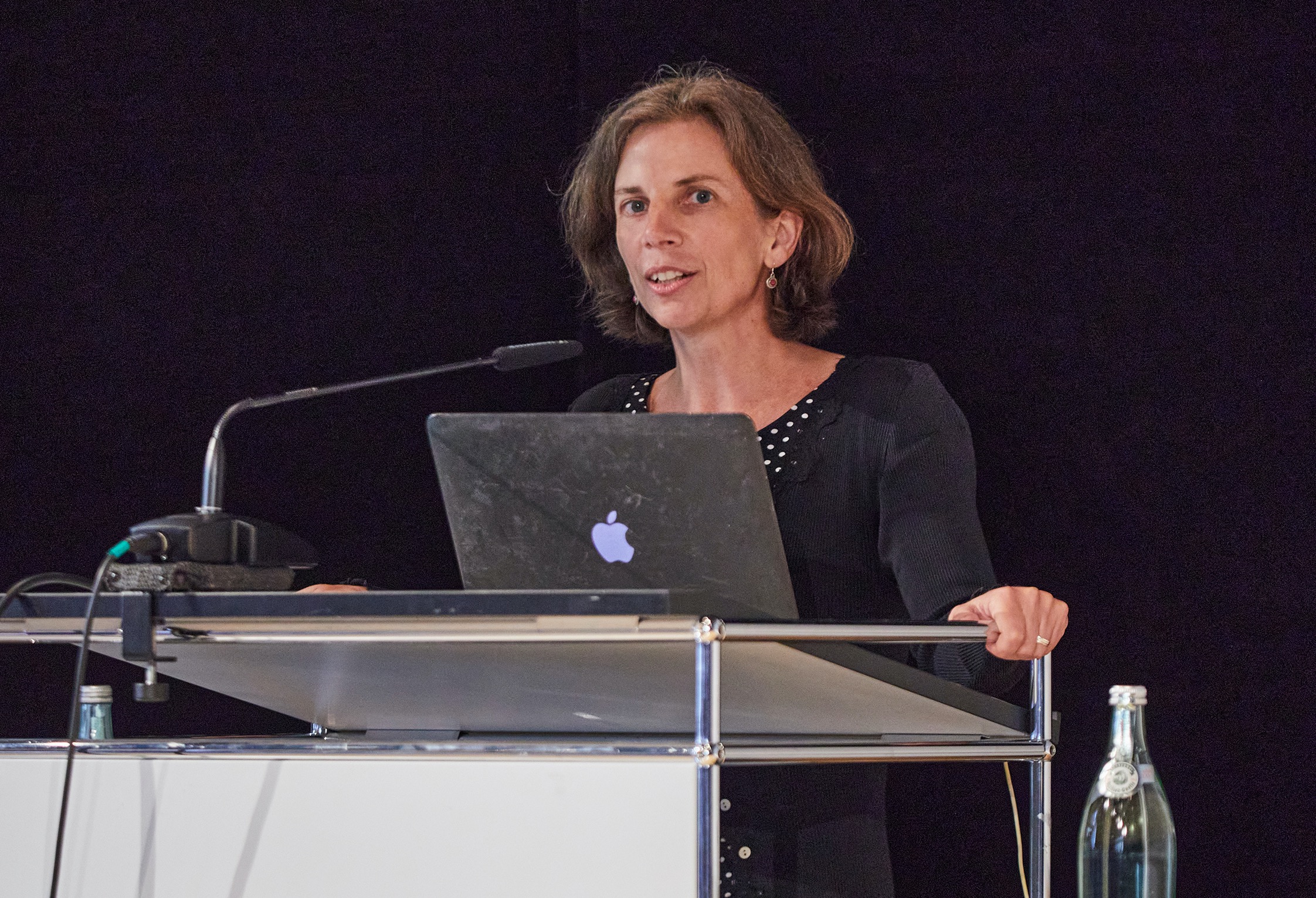Agenda
Law and Property: Debates on Restitution in Spanish Early Colonial Times
Kirsten Mahlke, Universität Konstanz.
Respondent: Jamila Mascat
Abstract:
Discussions surrounding restitution not only involve colonial artifacts housed in museums. They also delve into emotive realms, tackling issues of cultural identity, interpretive sovereignty, land and rights, property and self-determination. This talk aims to address these questions. They are part and parcel of the long colonial history, since the debate about restitution is much older than commonly believed.
I will focus on the historical discourse surrounding restitution claims, which ignited a transcontinental dialogue as early as the 16th century. This discourse unfolded among a diverse array of voices, including indigenous leaders, Spanish intellectuals, theologians, and legal scholars across the Viceroyalty of Peru, Mexico, and Spain, particularly in the so-called ‘School of Salamanca’.
These early dialogues on restitution transcended the realm of material objects. They delved into the injustices inflicted upon indigenous communities, demanding reparations for exploitation in the mines, forced labor in the encomiendas, and the violations perpetrated by the clergy against women and children. The restitution sought encompassed not only plundered goods, pastures, and lands, but even the restoration of sovereignty and control over the nation itself.

Biography:
Kirsten Mahlke is professor of Cultural Theory and Methods of Cultural Studies in the Department of Literature, Art, and Media Studies at the University of Constance since 2011. She worked as an editor at the publishing house Suhrkamp in Frankfurt between 1991 and 1993 and completed her master’s degree in Romance Studies, Slavic Studies, and Historical Ethnology between 1993 and 1998. Her thesis on Huguenot narratives of America in the 16th century (2001, Goethe University, Frankfurt) was published under the title Offenbarung im Westen. Frühe Berichte aus der Neuen Welt (Revelation in the West. Early Reports from the New World) by Fischer Verlag in 2005. In 2002, she obtained a research chair in Constance, and in 2008 she was habilitated with a thesis on Julio Cortázar and quantum theory. In 2009, she received an ERC Starting Grant, with which she created a research group on the topic “Narratives of Terror and Disappearance: Fantastic Dimensions of the Argentine Military Dictatorship” from 2010 to 2015, initially within the framework of her chair in Romance Philology at the University of Heidelberg, and since 2011 in Constanz. Her research focuses on the Latin American history of violence in literature from the colonial period. More recently she worked on the traces of colonialism from a local perspective, focusing on the region of Lake Constance, which resulted in 2021 in the exhibition Tras las huellas del período colonial de Constanza and in two books on the involvement of merchants from Constance and St. Gallen in the conquest and exploitation of Venezuela and Mesoamerica from 1523 onwards. She is currently working on the topic of reparation and restitution for crimes against indigenous communities in Latin America together with an interdisciplinary group of lawyers, historians, and literary scholars from Constance, Buenos Aires, and Salta. She co-published the handbook Trauma y Memoria Cultural: Hispanoamérica y España with Roland Spiller and Janett Reinstädler in De Gruyter in 2019, and the volume Domestic Demons with ethnologists Rijk van Dijk and Thomas Kirsch in Routledge in 2022.

